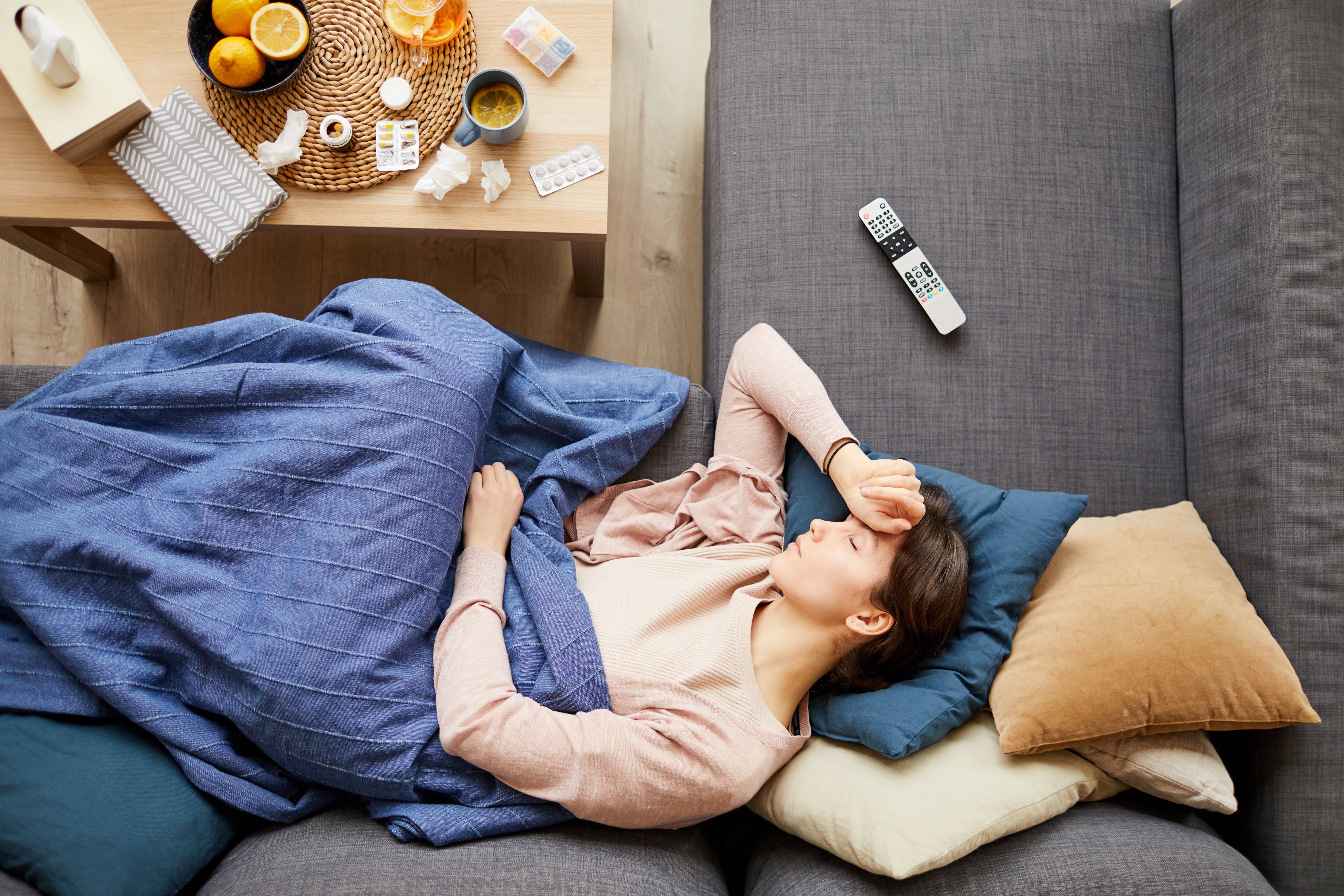We’ve all had periods of insomnia at one time or another. For no apparent reason, we find ourselves at 3 a.m. with our eyes wide open and unable to go back to sleep. This situation, although very unpleasant, tends to occur more often during periods of great stress, as is currently the case with the COVID-19 pandemic. Polysleep has addressed this issue.
I don’t sleep well! Why?
The confinement experienced by most of us can not only affect our mood, but also disrupt our sleep. You may have trouble sleeping because of the anxiety generated by COVID-19 and the current self-isolation, even more so if you already suffer from an anxiety disorder. Not being able to go out freely, not going to work or, for many, having to work from home, as well as the fear of running out of money—or toilet paper!—are all things that can disturb your sleep.

How can confinement affect my sleep, whether in quality or quantity?
In addition to the stress caused by all the upheavals in your daily life and by your little head hamster that never stops running in its wheel, confinement also affects the quality of your sleep. For many of us who are on forced cessation of work, i.e. in a kind of perpetual weekend, we go to bed later—and often much later—than usual, and most often we get up a little later, but not by much. The result? You quickly find yourself sleep deprived.
In addition to the many TV shows you’ve decided to binge watch, you might also go to bed later because of all the gloomy thoughts you’re dwelling on (remember, that little hamster we were talking about?), or you have nightmares, which also interferes with your sleep.
But why is it so important to sleep well?
Numerous studies show that restful sleep helps to regenerate the immune system, making you more resistant to infections. And in this COVID-19 era, that’s kind of what we’re looking for, isn’t it?
So to be on the right track, make sure you’re living—and sleeping—in a healthy way by following these few guidelines:
- No matter how bad your night was, get up early, even if it means taking a nap in the afternoon (20-30 minutes maximum).
- Exercise!
- Reduce your consumption of coffee and cola after 2 p.m.
- Don't spend your day in front of your computer screen or tablet.
- Keep the temperature in your room between 18 and 20 degrees and make sure it’s dark enough to sleep well.

With enough sleep, you’ll be better able to deal with this crisis (and give your little hamster some well-deserved time off!).

If you liked our blog article, please don't forget to Share it with your friends by clicking the button below!










